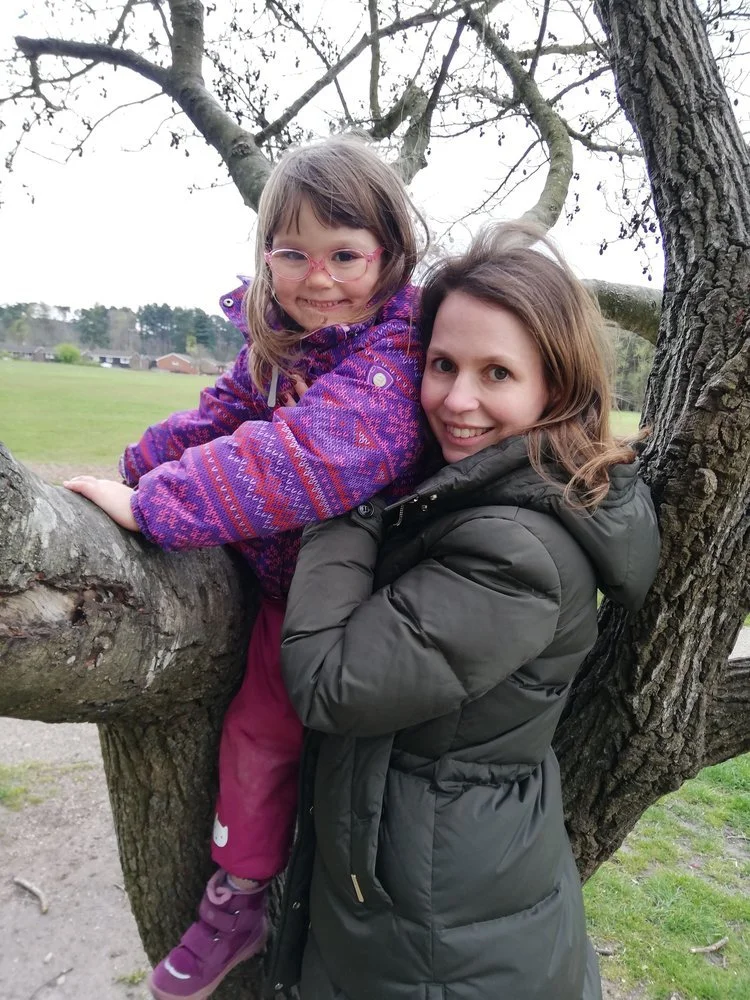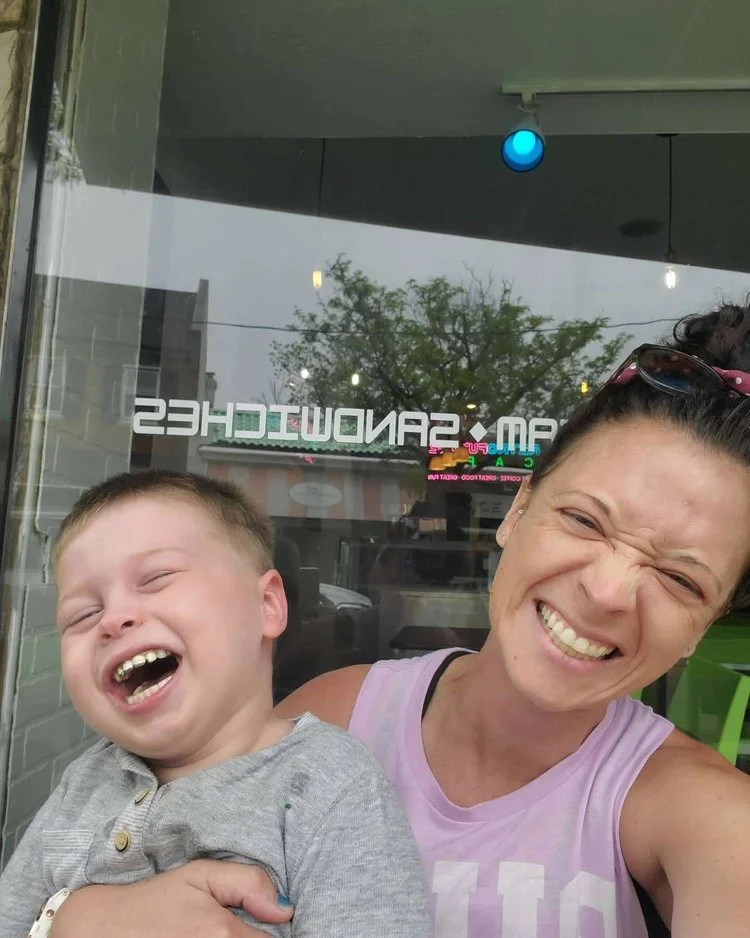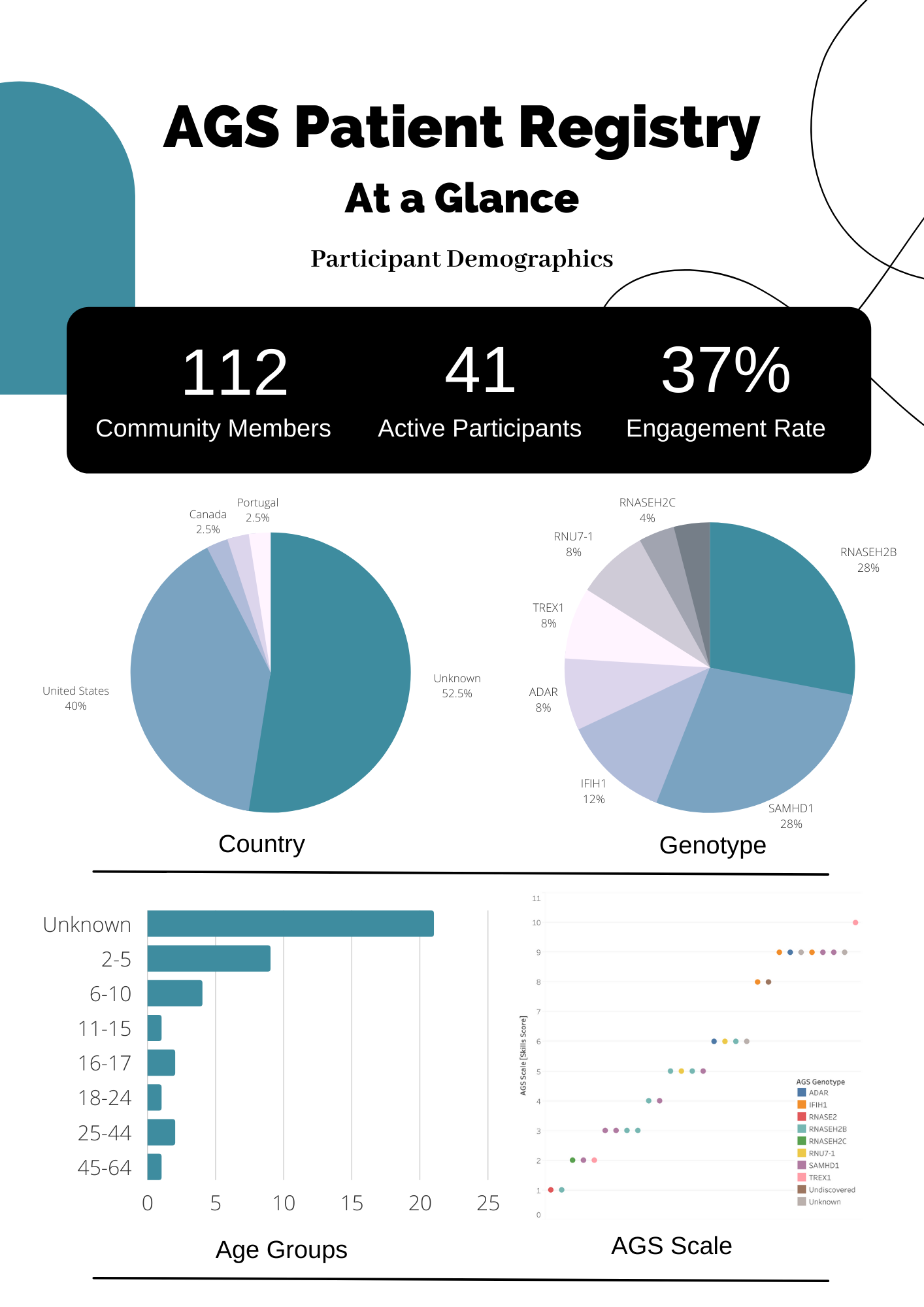This week, the AGSAA quietly submitted applications with separate teams of researches for two Chan Zuckerberg Initiative (CZI) grants.
Patient-Partnered Collaborations for Single-Cell Analysis of Rare Inflammatory Pediatric Disease
Patient-Partnered Collaborations for Rare Neurodegenerative Disease
Each of these competitive grants would provide $2 million dollars over four years for projects aimed at better understanding the direct mechanics of AGS and establishing the foundations for novel treatment strategies. Almost a quarter of each award would be paid to the AGSAA directly, to fund our research coordination, community education, development of a biorepository, and direct involvement in the science. The AGSAA’s deep engagement in these projects represents a fairly novel approach to this type of work, one that affords rare disease communities more opportunities to promote collaboration and continuity of work in their disorders. As such, the AGSAA has named Patrick Winters as Co-PI on both projects, to serve on equal standing with the clinical and lab principal investigators. The total immersion in these projects will train our organization to be a more effective research accelerator!
We’d like to share a bit about how these collaborations came about because our community and supporters played a large role. On Rare Disease Day, our families, friends, and followers raised money to fund a small grant for an early career researcher. With the cash in hand, we surveyed our network of scientists to find labs and individuals in a position to make good use of the opportunity. In doing so, we connected with a number of new PIs and learned a great deal more from our friends about ongoing work and potential opportunities. Not only were we able to attract interest in our grant, we found scientists invigorated by eagerness and the opportunity to meaningfully connect their work to the AGS community. We even held a small “get to know each other” meeting between a handful of families and a laboratory that had never spoken with or met a person with AGS. Involving and embedding ourselves with the science strengthens the relevancy of the work being done and our potential to improve it. And, it all sprung from our community’s ever increasing engagement and teamwork.



